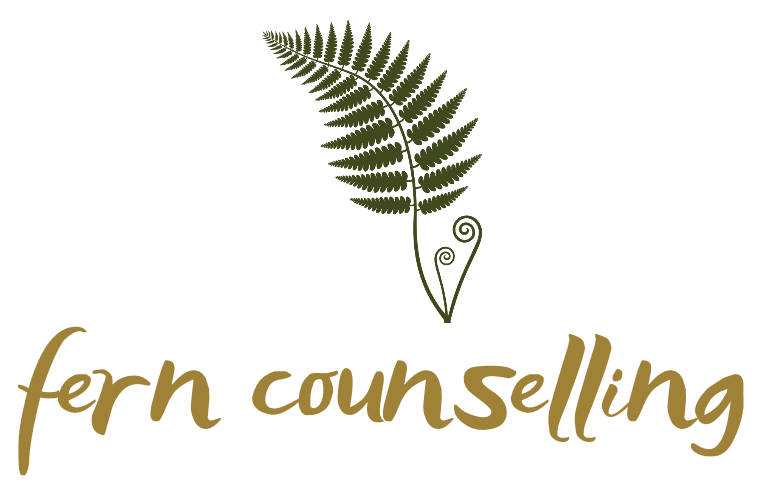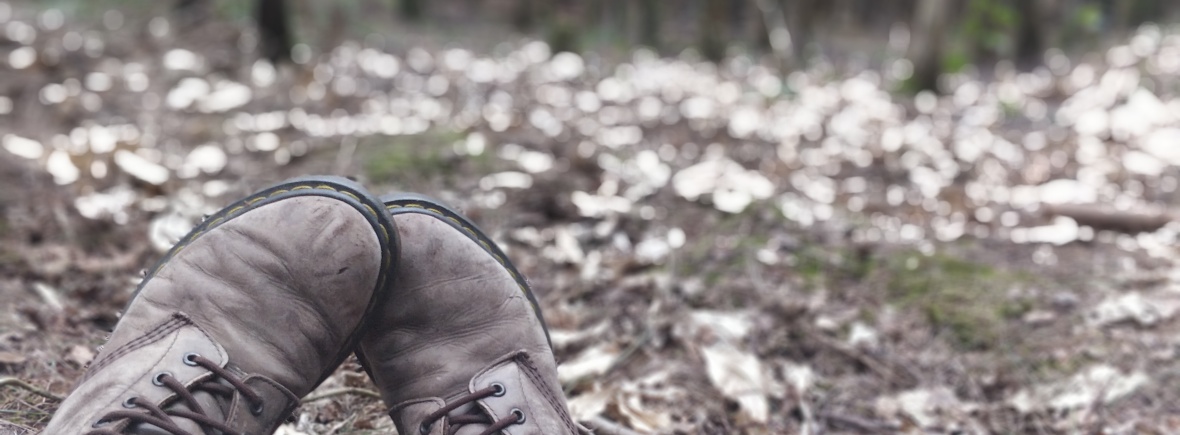In all of my counselling work, both indoor and outdoor, I work in a nature-informed way. Put simply, I use the natural world and life cycles to inspire and inform the way I work therapeutically.
I expand on my relatedness with nature and my approach in my blog post – nature as co-therapist and touch on what we mean by “nature” in the first of my posts for Mental Health Awareness Week 2021 (with a theme of “nature”) – What do we mean by “Nature”?
I have a passion for life’s processes, navigating and experiencing the joy and the pain that comes with that flow of living and means we know we are alive and mortal. Like in nature, life is both sunshine, freedom, blooming flowers, refreshing breeze and exhilaration, and it is also suffering and decay, darkness and loss. Sometimes it’s a gently flowing river and sometimes it’s a cold and dirty swamp.
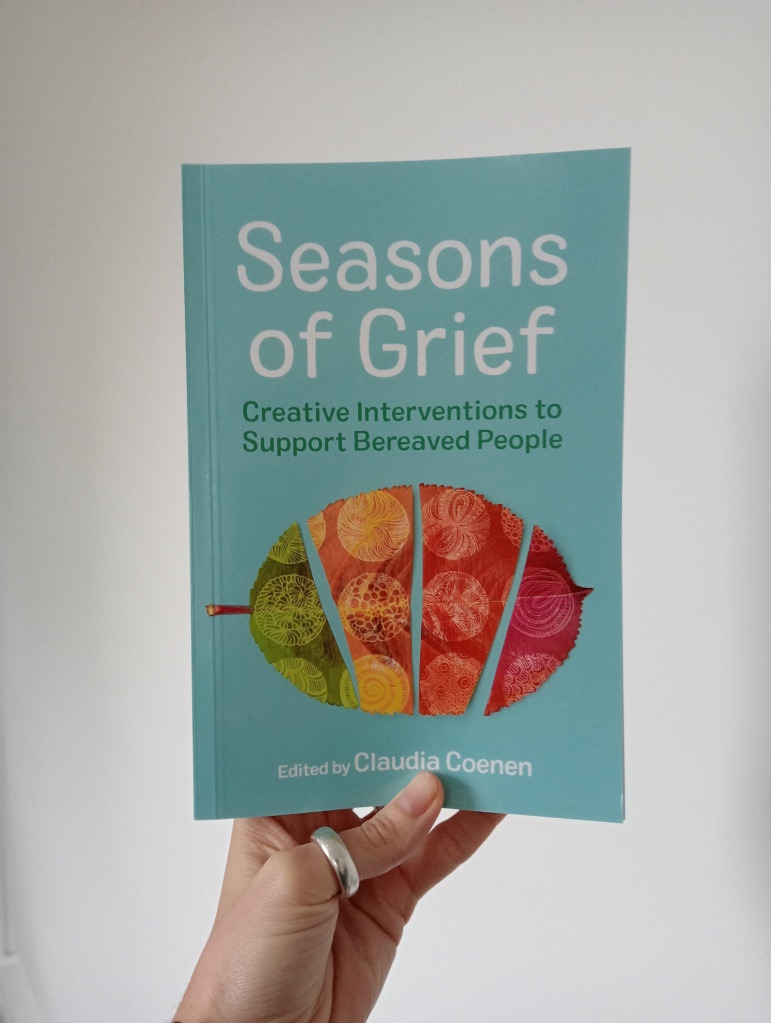
Find out about the new book "Seasons of Grief; Creative Interventions for Supporting Bereaved People" - including chapters from myself and other grief and arts therapists, this is a book full of ideas for working creatively with the grieving process.
What does nature-inspired counselling look like?
There are many things we can do in counselling sessions that draw from nature.
This might look like having counselling outdoors, walking or sitting in nature for our sessions. The immersion in, and connection to the natural environment provides a great opportunity for grounding and considering how we relate to the world around us and ourselves, even if we do not always explicitly talk about this in our sessions, it is still experienced.
It might include using the natural materials around us to represent and explore thoughts, feelings, identity and relationships. It could be the use of natural metaphors to help convey experience – tuning in to our internal weather report, or using animals or plants to explain our identity.


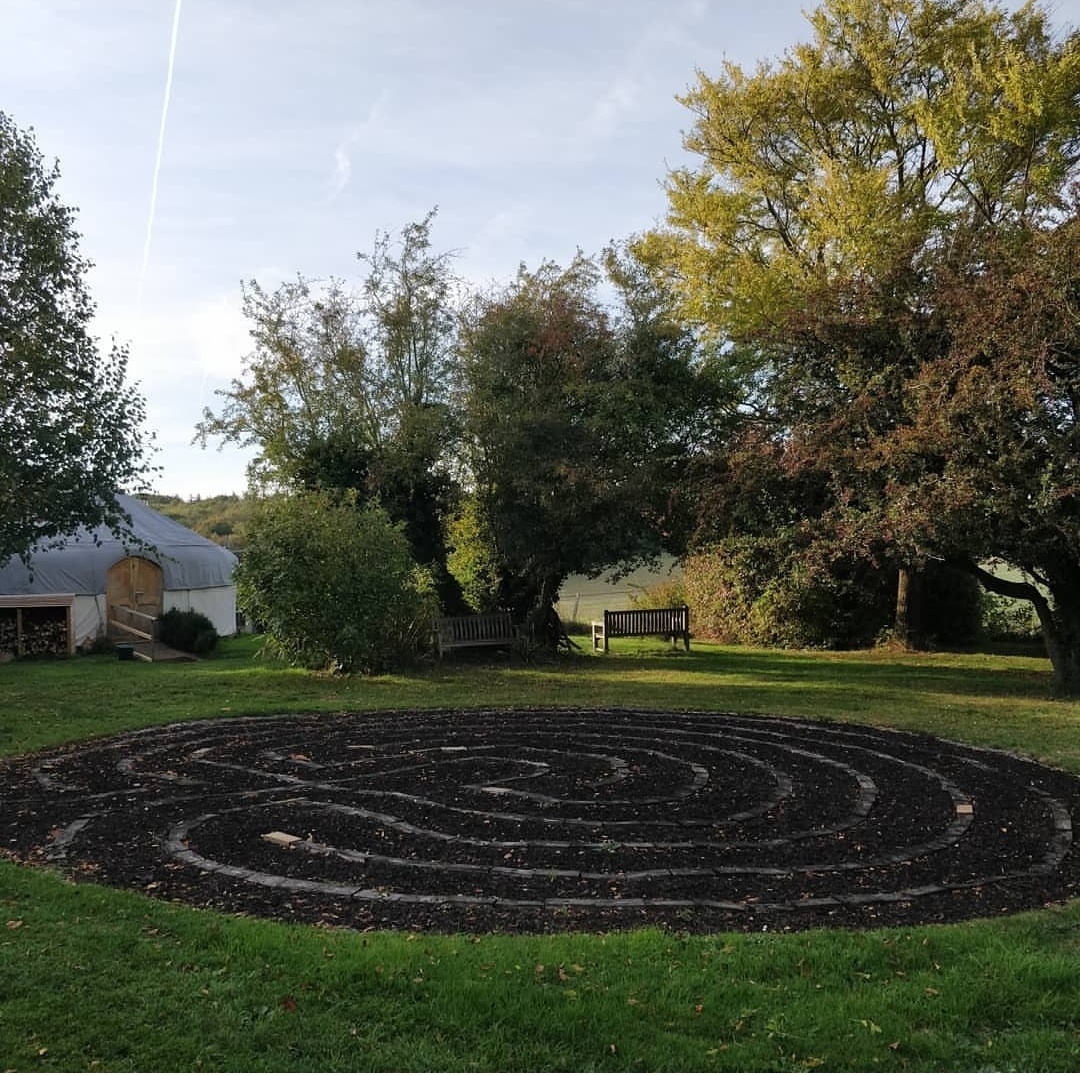
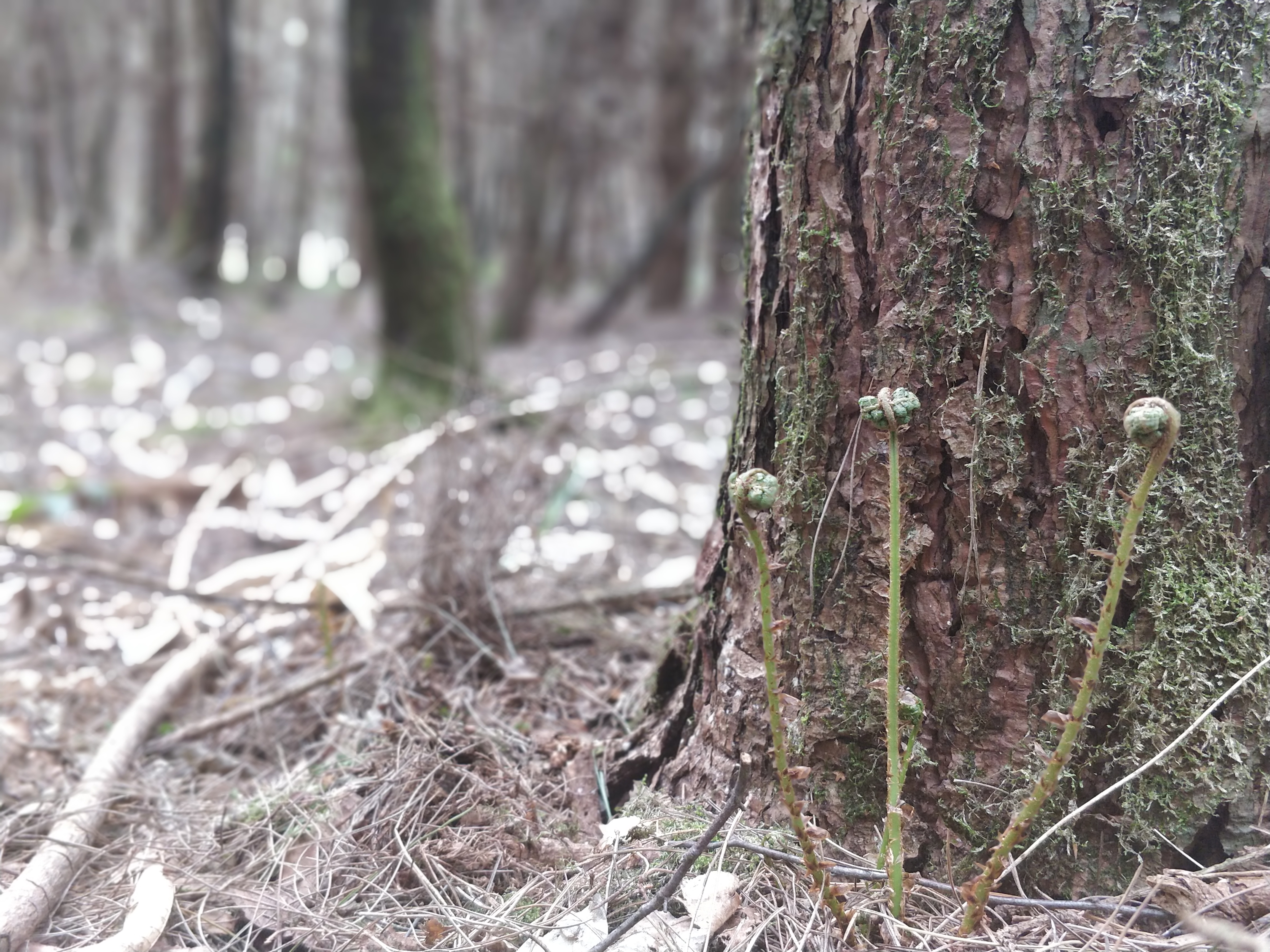
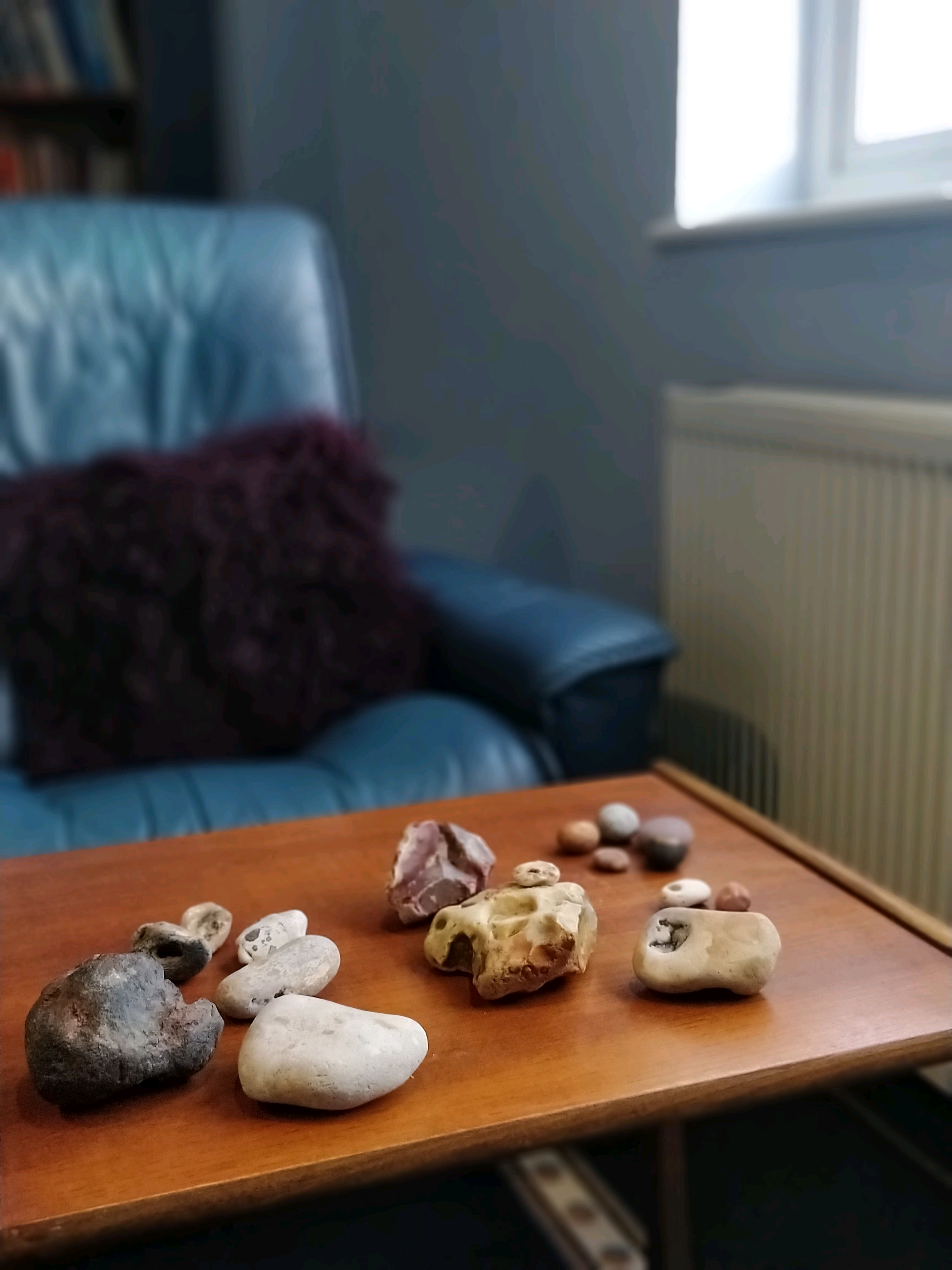
What does nature-inspired counselling feel like?
Although walking or being in the fresh air can be therapeutic and relaxing in itself, when we incorporate counselling theory and skills into the natural process we can deepen the opportunity for self reflection and awareness. This can feel like being able to see things from a different perspective.
Being within a natural system that is continually evolving can provide a sense of movement and opportunity. Physically travelling a journey while you talk about your psychological journey and challenges can help “unstick” feelings and thoughts. With the non-judgmental qualities of the natural world, though sometimes harsh and scary, new opportunities and decisions can open up and we see new paths in our life.
For some people, walking side-by-side in an open environment can feel less intense than sitting face-to-face in a room with a counsellor. This can help people to open up and feel able to talk more freely about challenging issues or emotions. For others, being in the open can feel too vulnerable and can inhibit talking openly. We review this continually within our sessions to ensure we are working in a way that is helpful for you.
It is widely accepted that walking (and other forms of exercise) is beneficial in reducing depression, stress, anxiety and promoting healing from trauma. Blood flow to the brain is increased and serotonin is released (the “happiness” hormone). If being outside is something you associate with feeling relaxed, then it could make talking about difficult issues more comfortable.
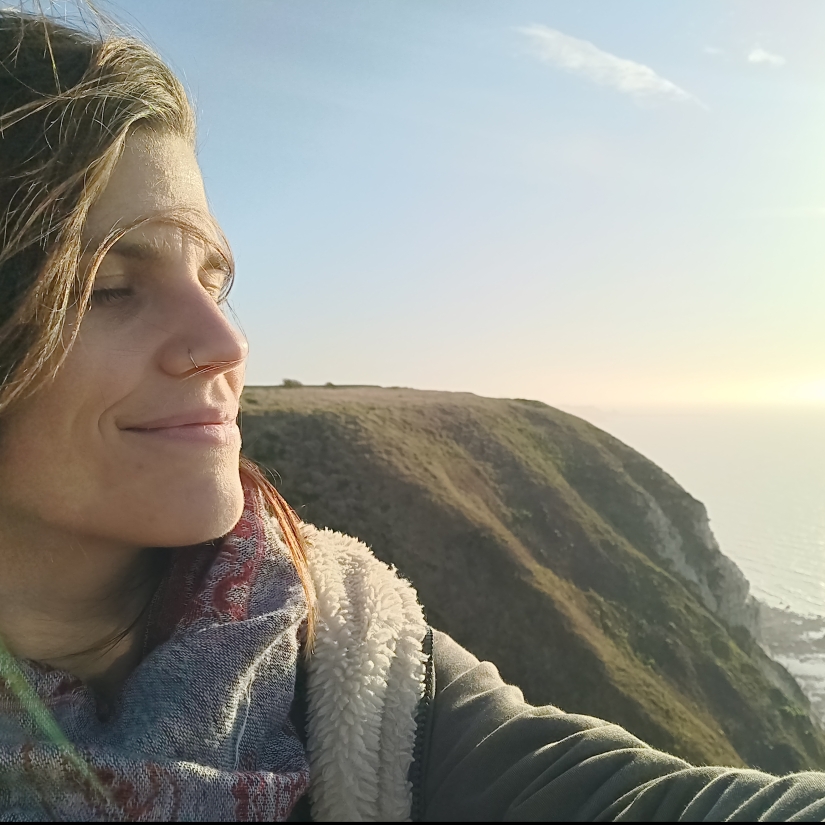
Nature provides many opportunities for wonder and awe. These feelings, when our attention is drawn to something we find impressive, curious or awe inspiring, give our brains the chance to rest. We put less energy into actively focusing and this can feel like a reset. This can help enable us to talk about painful feelings or complicated thoughts more fluidly.
A nature-inspired therapeutic process
From an existential perspective, we are all on a journey through life and death. Walking gives us the opportunity to live out a physical journey as we talk about your psychological, social and emotional journey. We can often find that life outside counselling plays out within the sessions and we can learn more about this through our movement, pace and relatedness to each other and the natural environment.
Naturally, life is always accompanied by death. Our existence is one side of the coin, and non-existence on the other. Working in a nature-informed way means navigating this duality of freedom and limitation, of choice and responsibility, of love and loss.
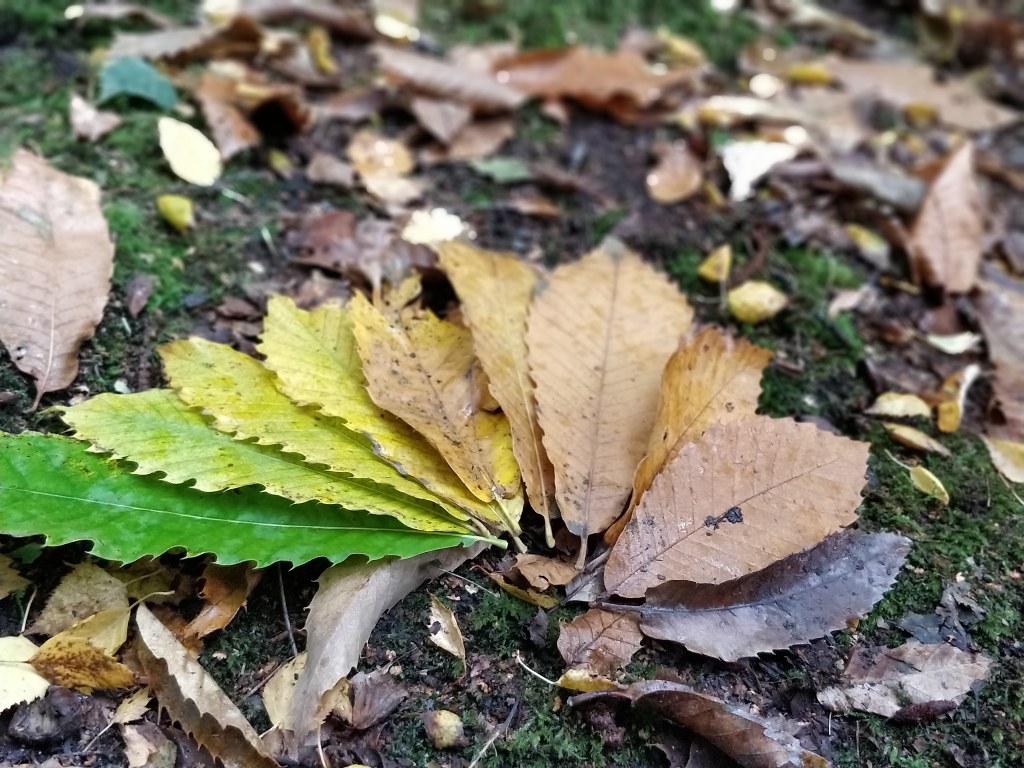
I also believe strongly in a humanistic approach to counselling, that is that with the right conditions (of empathy, non-judgement and unconditional positive regard) we all have the ability to grow to our full potential. There is huge value and potential for growth to be found when we accept ourselves as we are, right here and now. Being in nature can often put a spotlight on just being, and existing. We live our human lives pulled between our core wants, desires and needs, and the requirements, criteria and needs set out by others. Often what we believe we should do, how we ought to be, is not aligned with who we are inside. This both protects us, enables us to fit in and belong, but it can also trap us and cause stress, anxiety, depression and decision paralysis. There are no ‘shoulds’ in nature, we just are as we are, growing in the environment and alongside other life in the best way we can. When we are able to experience life in the present, we are better able to make authentic choices about which direction we continue in.
If we surrendered to earth’s intelligence, we could rise up rooted, like trees
Rainer Maria Rilke
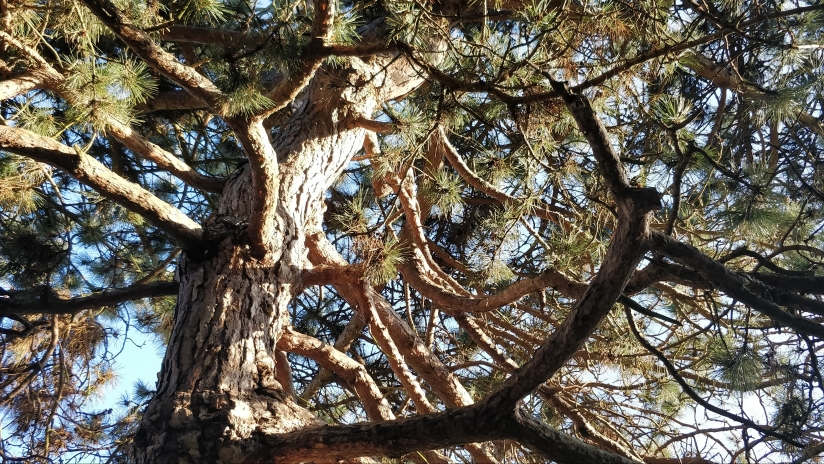
Working within nature both as an accepting entity that enables us to accept ourselves in the present, and also as a continually evolving organism, brings together the opportunity to connect more fully with yourself, with others and with the wider world. In life, we have individual experiences, thoughts and feelings. We are also connected in a wider system. We need both, and counselling in a nature-informed way gives a framework to explore how we relate to ourselves and the living world around us. Therapeutically, we will then work together to identify and tease out or navigate any areas of tension.
Contact me to discuss whether outdoor or walking therapy is right for you.


